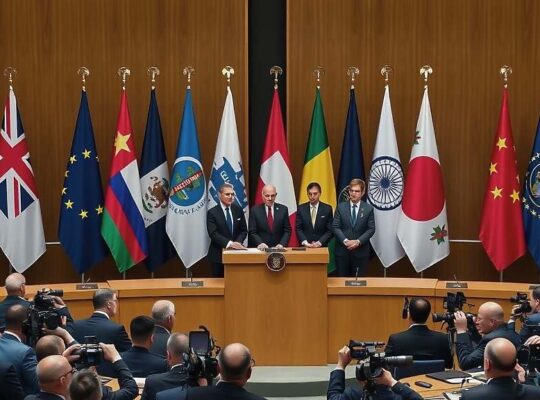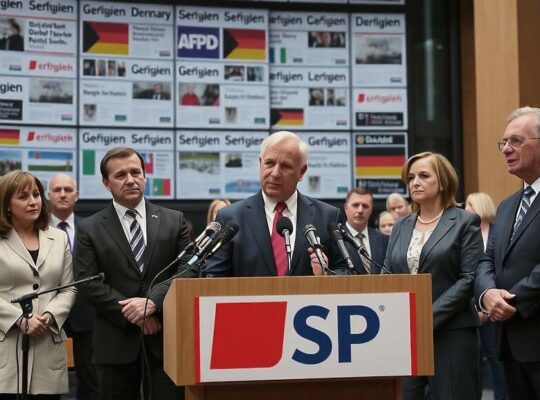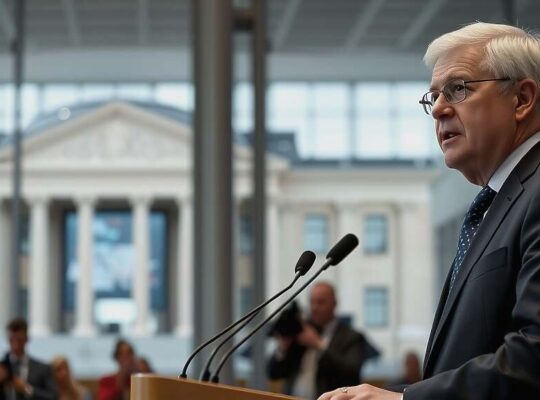The decision by the Association of Family Businesses (Familienunternehmer-Verband) to open channels for dialogue with the Alternative for Germany (AfD) has ignited a firestorm of criticism, raising concerns about the normalization of a party widely considered to hold extremist views. Sebastian Roloff, the SPD’s parliamentary spokesperson for economic policy, sharply condemned the move, stating in an interview with “Handelsblatt” that the increasing electoral support for the AfD, even fueled by voter frustration with established parties, does not constitute justification for legitimizing their political platform.
Previously, Association President Marie-Christine Ostermann indicated to “Handelsblatt” that a previous policy of excluding AfD parliamentarians was lifted in anticipation of a recent parliamentary evening, arguing it was necessary to “politically position” the party. However, Roloff dismissed this approach, asserting that an invitation to such a forum would not fundamentally alter the AfD’s stance and emphasizing the need for robust and well-supported critiques of their “anti-business” agenda.
The AfD welcomed the Association’s shift. Leif-Erik Holm, the party’s economic policy spokesperson, characterized the move as a pragmatic acknowledgement of the nation’s deep-seated problems, highlighting the need for a “bundling of liberal forces” to overcome existing challenges. He framed it as a step away from unproductive divisions.
However, the gesture has been met with unequivocal rejection from other key economic voices. The CDU Economic Council has firmly ruled out any engagement with the AfD, asserting that the party’s ideology fundamentally clashes with the principles of Germany’s social market economy. Astrid Hamker, President of the professional association, told “Handelsblatt” that the council maintains a formal resolution prohibiting the provision of a platform for AfD politicians, citing the belief that the party would prove detrimental to the economic health of the nation.












